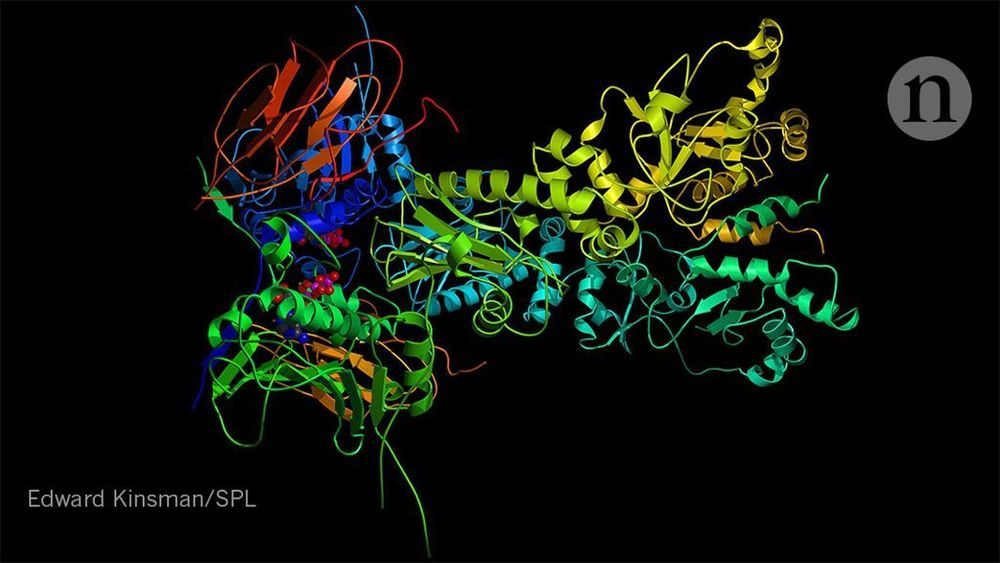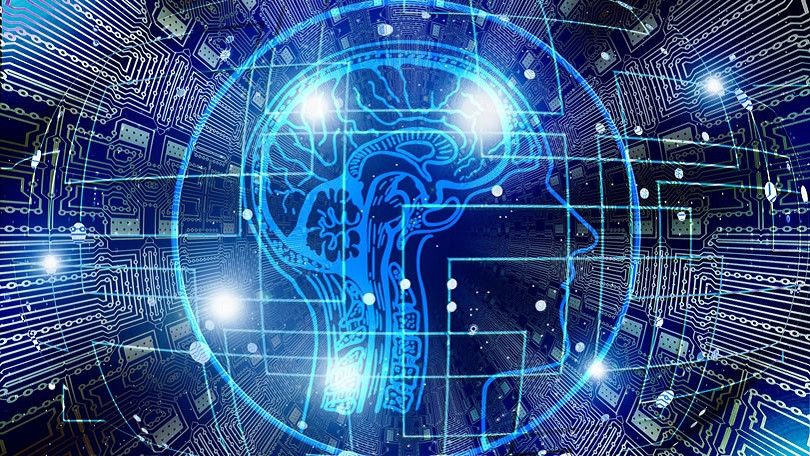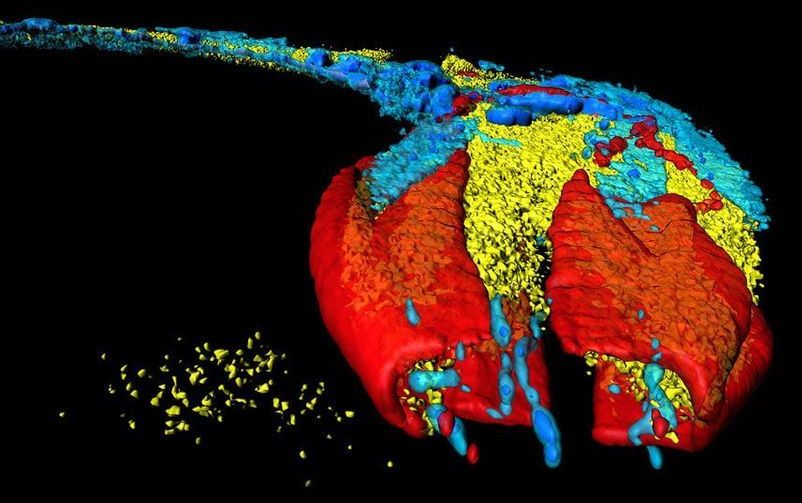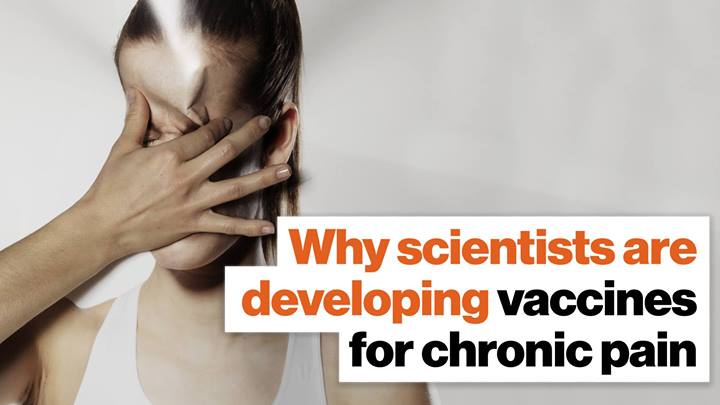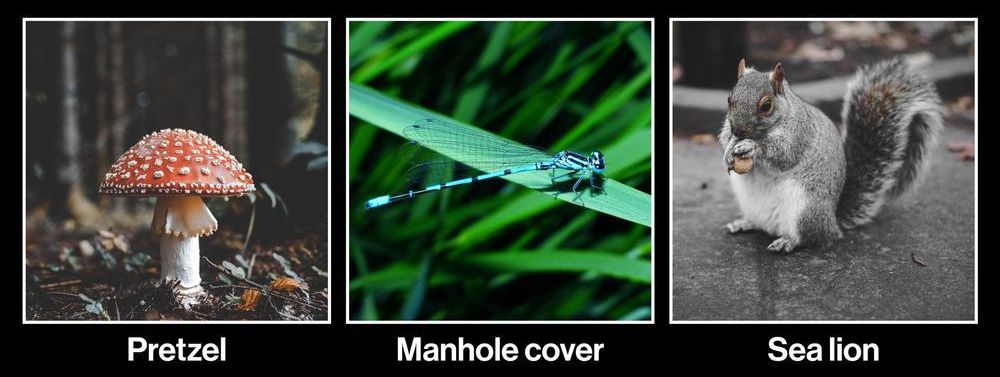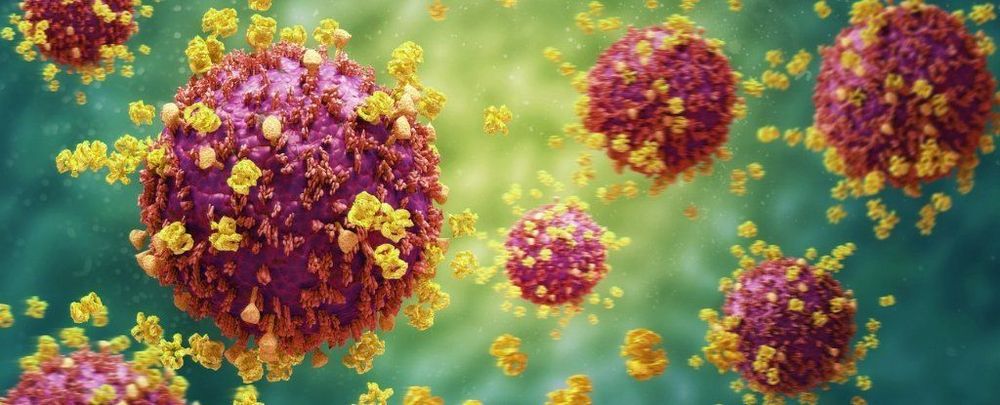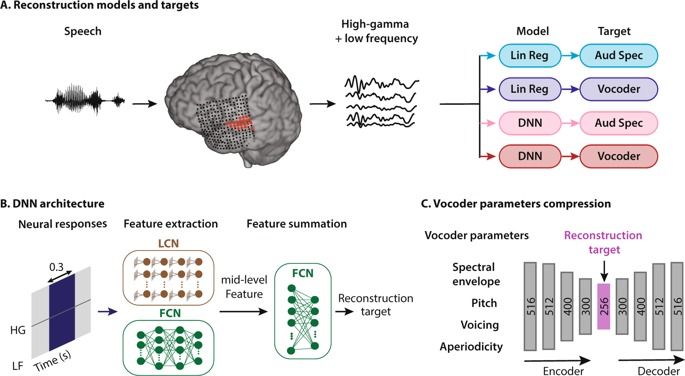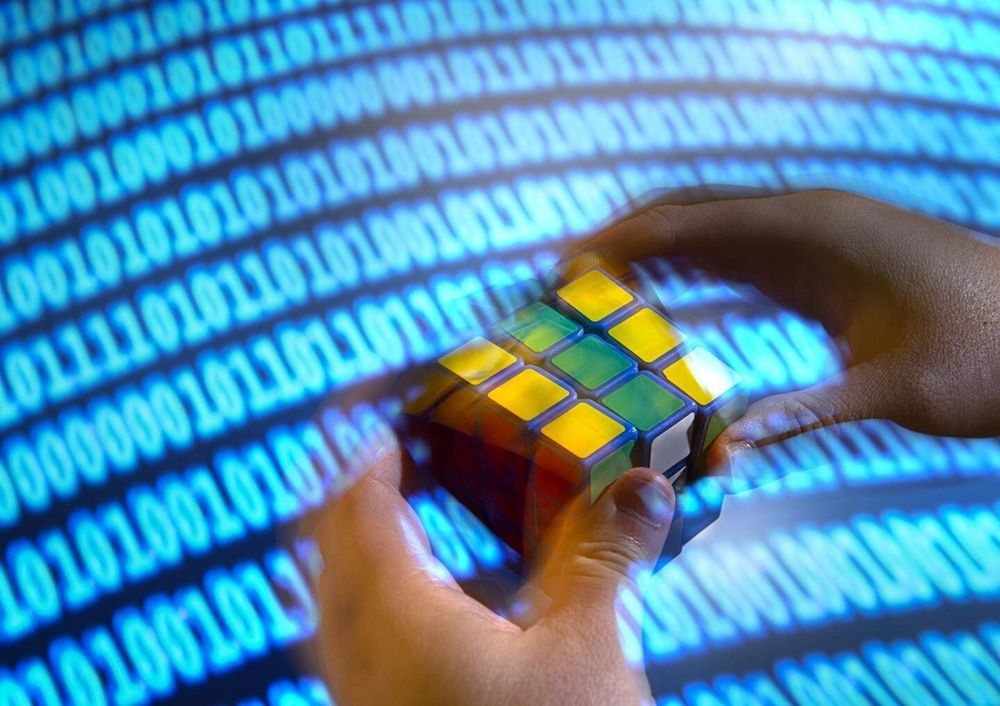Jul 24, 2019
Microsoft, Google and the Artificial Intelligence Race
Posted by Müslüm Yildiz in categories: Elon Musk, information science, robotics/AI
Microsoft and Google companies want to be central to the development of the thinking machine.
The decision by Microsoft to invest $1 billion in OpenAI, a company jointly founded by Elon Musk, brings closer the time when machines threaten to replace humans in any tasks that humans do today.
OpenAI, which was founded just four years ago, has pioneered a range of technologies which have pushed the frontiers of massive data processing in defiance of the physical and computer capabilities that governed such developments for generations.
Continue reading “Microsoft, Google and the Artificial Intelligence Race” »


